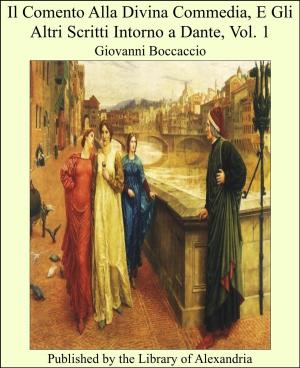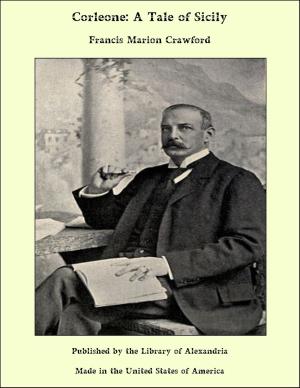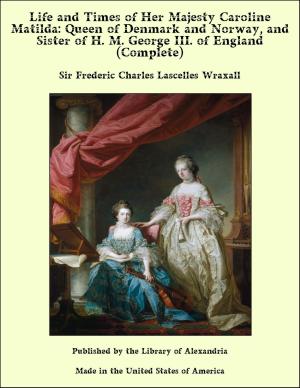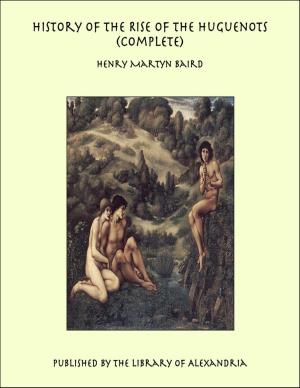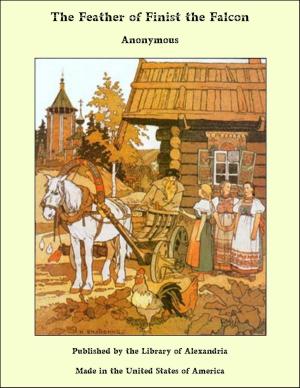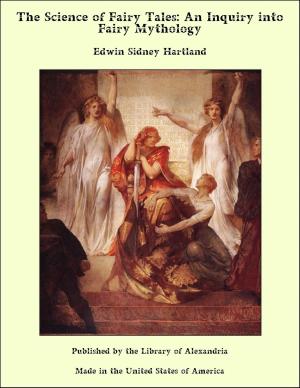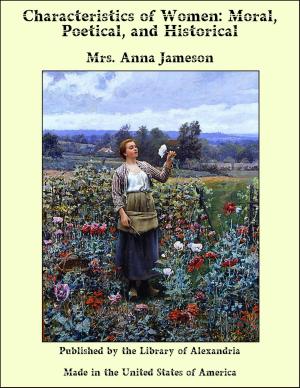| Author: | Holman Francis Day | ISBN: | 9781613106235 |
| Publisher: | Library of Alexandria | Publication: | March 8, 2015 |
| Imprint: | Language: | English |
| Author: | Holman Francis Day |
| ISBN: | 9781613106235 |
| Publisher: | Library of Alexandria |
| Publication: | March 8, 2015 |
| Imprint: | |
| Language: | English |
This was the first time Wade had been inside the doors of “Castle Cut ’Em,” the name the humorists of Stillwater had given the dominating block on the main street of the little city. The up-country men, with the bitterness of experience, and moved by somewhat fantastic imaginings, said it was “King Spruce’s castle.” In the north woods one heard men talk of King Spruce as though this potentate were a real and vital personality. To be sure, his power was real, and power is the principal manifestation of the tyrant who is incarnate. Invisibility usually makes the tyranny more potent. King Spruce, vast association of timber interests, was visible only through the affairs of his court administered by his officers to whom power had been delegated. And, viewed by what he exacted and performed, King Spruce lived and reigned—still lives and reigns. Wade, not wholly at ease in the presence, for he had come with a petition like the others, gazed about the reception-room of the Umcolcus Lumbering and Log-driving Association, the incorporators’ more decorous title for King Spruce. It occurred to him that the wall-adornments were not reassuring. A brightly polished circular-saw hung between two windows. It was crossed by two axes, and a double-handled saw was the base for this suggestive coat of arms. The framed photographs displayed loaded log-sleds and piles of logs heaped at landings and similar portraiture of destruction in the woods. Everything seemed to accentuate the dominion of the edge of steel. The other wall-decorations were the heads of moose and deer, further suggestion of slaughter in the forest. A stuffed porcupine on the mantel above the great fireplace mutely suggested that the timber-owners would brook no rivalry in their campaign against the forest; they had asked the State to offer a bounty for the slaughter of this tree-girdler, and a card propped against the “quill-pig” instructed the reader that the State had already spent more than fifty thousand dollars in bounties.
This was the first time Wade had been inside the doors of “Castle Cut ’Em,” the name the humorists of Stillwater had given the dominating block on the main street of the little city. The up-country men, with the bitterness of experience, and moved by somewhat fantastic imaginings, said it was “King Spruce’s castle.” In the north woods one heard men talk of King Spruce as though this potentate were a real and vital personality. To be sure, his power was real, and power is the principal manifestation of the tyrant who is incarnate. Invisibility usually makes the tyranny more potent. King Spruce, vast association of timber interests, was visible only through the affairs of his court administered by his officers to whom power had been delegated. And, viewed by what he exacted and performed, King Spruce lived and reigned—still lives and reigns. Wade, not wholly at ease in the presence, for he had come with a petition like the others, gazed about the reception-room of the Umcolcus Lumbering and Log-driving Association, the incorporators’ more decorous title for King Spruce. It occurred to him that the wall-adornments were not reassuring. A brightly polished circular-saw hung between two windows. It was crossed by two axes, and a double-handled saw was the base for this suggestive coat of arms. The framed photographs displayed loaded log-sleds and piles of logs heaped at landings and similar portraiture of destruction in the woods. Everything seemed to accentuate the dominion of the edge of steel. The other wall-decorations were the heads of moose and deer, further suggestion of slaughter in the forest. A stuffed porcupine on the mantel above the great fireplace mutely suggested that the timber-owners would brook no rivalry in their campaign against the forest; they had asked the State to offer a bounty for the slaughter of this tree-girdler, and a card propped against the “quill-pig” instructed the reader that the State had already spent more than fifty thousand dollars in bounties.

